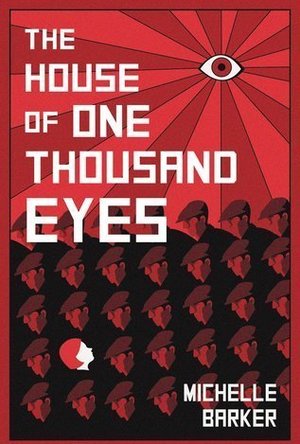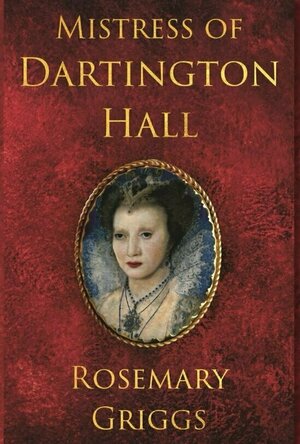
Mistress of Dartington Hall (Daughters of Devon #3)
Book
1587. England is at war with Spain. The people of Devon wait in terror for King Philip of Spain’s...
Elizabethan Historical Fiction

Red Anemones
Book
Moving among generations of a German-Jewish-American family, "Red Anemones" is a poignant...
Historical Fiction Family Legacy Jewish History
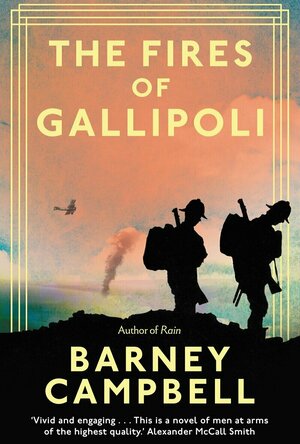
The Fires of Gallipoli
Book
Edward Salter is a shy, reserved lawyer whose life is transformed by the outbreak of war in 1914. On...
Historical Fiction WWI
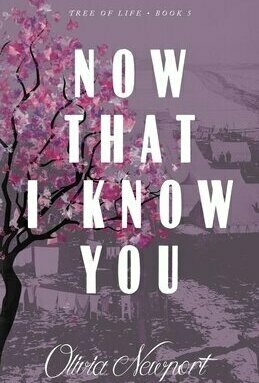
Now That I Know You (Tree of Life #5)
Book
A Father-Daughter Genealogy Team Link Present to Past on Family Trees Cate Butler is the distant...
Family Family Trees Historical Fiction Generology Romance
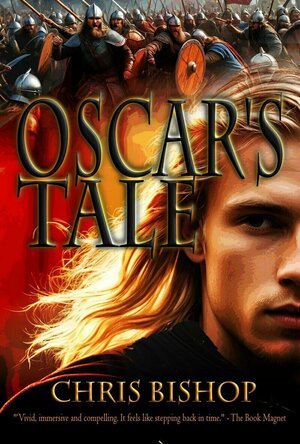
Oscar's Tale
Book
Oscar’s Tale is that of a Saxon boy who sets out to find and rescue his father who has been taken...
Historical Fiction Anglo Saxon Vikings
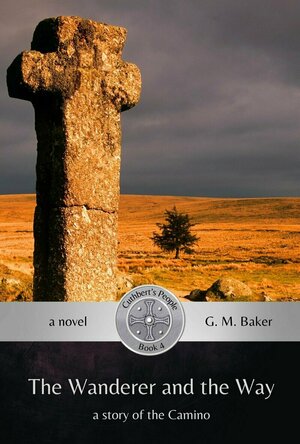
The Wanderer and the Way (Cuthbert's People #4)
Book
The Camino de Santiago de Compostella, now the most famous pilgrimage route in the world, was...
Historical Fiction Medieval Santiago de Compostela

Free Books for Kindle Fire, Free Books for Kindle Fire HD
Book and Lifestyle
App
'Free Books for Kindle Fire, Free Books for Kindle Fire HD' brings you daily updates on the best new...
Christine A. (965 KP) rated The House of One Thousand Eyes in Books
Nov 28, 2018
Lena Altmann is a 17 year old girl who lives in East Berlin. After her parents were killed in an explosion, Lena was forced to move in with her aunt. Lena's only respite comes when she spends her Sundays with her uncle, her aunt's brother. One day he is erased. He along with all of his possessions,and his birth records are gone. His published books have disappeared from bookstore shelves. He is just gone, disappearing without a trace.
Lena frantically searches for him but knows government spies are everywhere and she feels alone. Her aunt is a hardcore member of the Communist party. Can she trust her? Can she trust her friends? Can she trust anyone?
Through her story, Michelle Barker shows what it was like to live in the "Better Berlin" in the 1980s. She shows the rigidness, fearfulness, suspicion, and oppression of life in East Berlin.
The House of One Thousand Eyes did not feel like fiction. You could feel and hear Berlin. You could believe Lena, her uncle, and her aunt were real people and this book just captured a portion of their lives.
Although the story wraps up nicely at the end, it ends abruptly.
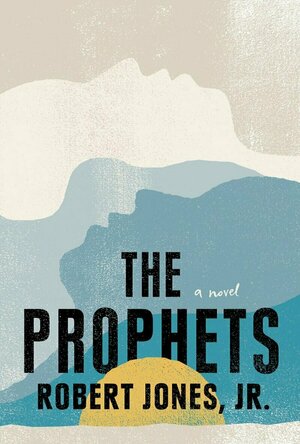
The Prophets
Book
A singular and stunning debut novel about the forbidden union between two enslaved young men on a...
Historical Fiction Literary Fiction
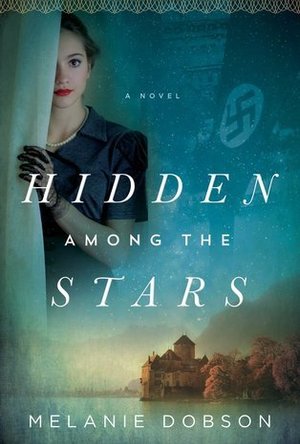
Hidden Among the Stars
Book
From the award-winning author of Catching the Wind, which Publishers Weekly called...
Historical fiction Christian fiction
